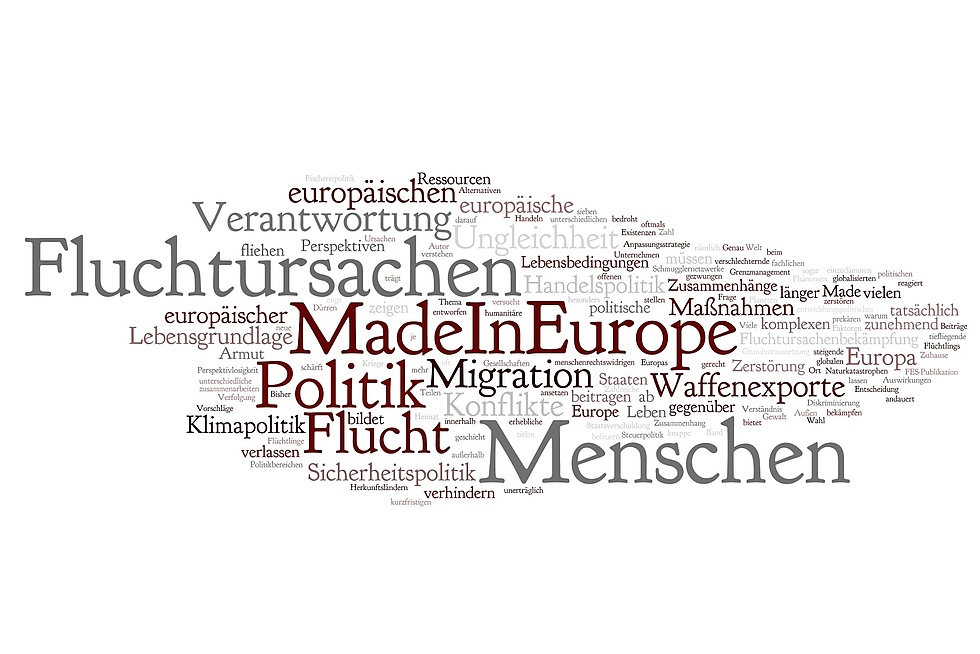Resistance to EU refugee quota
On the 6th of September 2017 the European Court of Justice (ECJ) rejected a claim brought by Hungary and Slovakia against the EU's mandatory refugee relocation scheme. In an analysis for the FES, hungarian political scientist Tamás Boros explains why Hungary vehemently refuses to accept refugees and how the government intends to take action against the ECJ decision. He points out that the Hungarian government had already been conducting a communications campaign warning citizens of the “pernicious” effect of immigration months before hundreds of thousands of migrants arrived in Hungary in autumn 2015. The anti-migration strategy was extremely successful. "Every minute when the Prime Minister is in the media talking about migrants serves to sustain his power", so Boros.
The analysis is part of a newly launched series in which we report on current debates on migration in European countries.
Kontakt: Timo Rinke, Head of Regional Project “Flight, migration, integration in Europe”, FES-Office in Budapest.
Boros, Tamás
The EU quota ruling
Budapest, 2017
Download (PDF) (150 KB, PDF-File)




